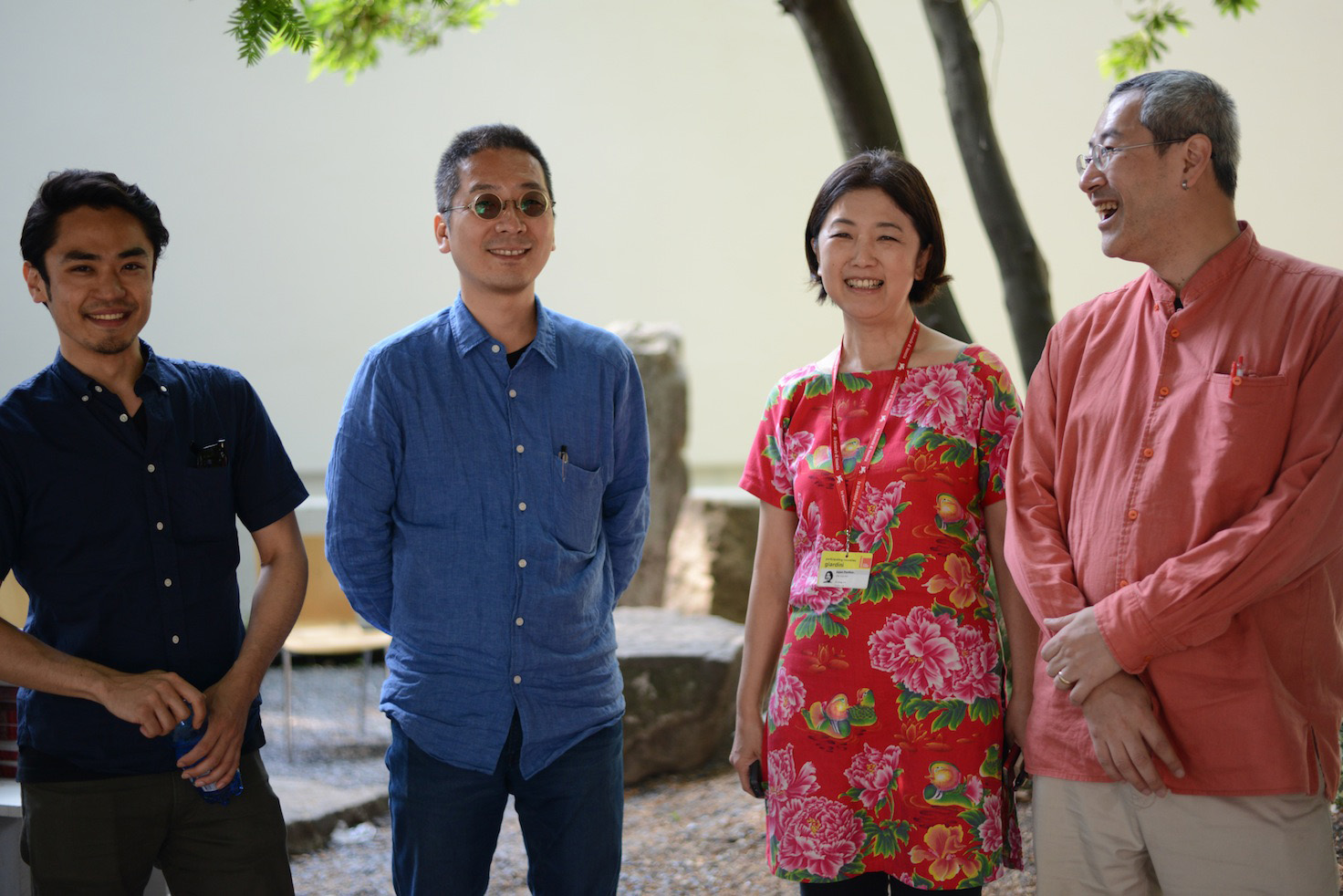The Venice Architecture Biennale, first staged in 1980 and recurring every two years, has grown to become the world's largest and most influential gathering of architectural thought leaders. The event has come to be seen as providing a global snapshot of contemporary practice and as a weather vane of emergent currents. Yet for Rem Koolhaas, the curator of this year's Biennale, which opened June 7, these characteristics are precisely the ones that he has sought to disavow.
Titled "Fundamentals," and billed as being "a Biennale about architecture, not architects," Koolhaas set out a curatorial agenda of enormous ambition, built around a series of paradoxes.
"Because I wanted to understand where we are at today," Koolhaas said while prefacing the awards announcements, "I wanted to organize a Biennale that did not talk about the present. Because I wanted to unleash the individual energies of each participating country, I all asked them to do the same thing. Because I wanted to talk about the state of the world, we focused on Italy as an exemplary country. Because I wanted to talk about architecture, I dismantled architecture into its smallest parts."



















With your current subscription plan you can comment on stories. However, before writing your first comment, please create a display name in the Profile section of your subscriber account page.